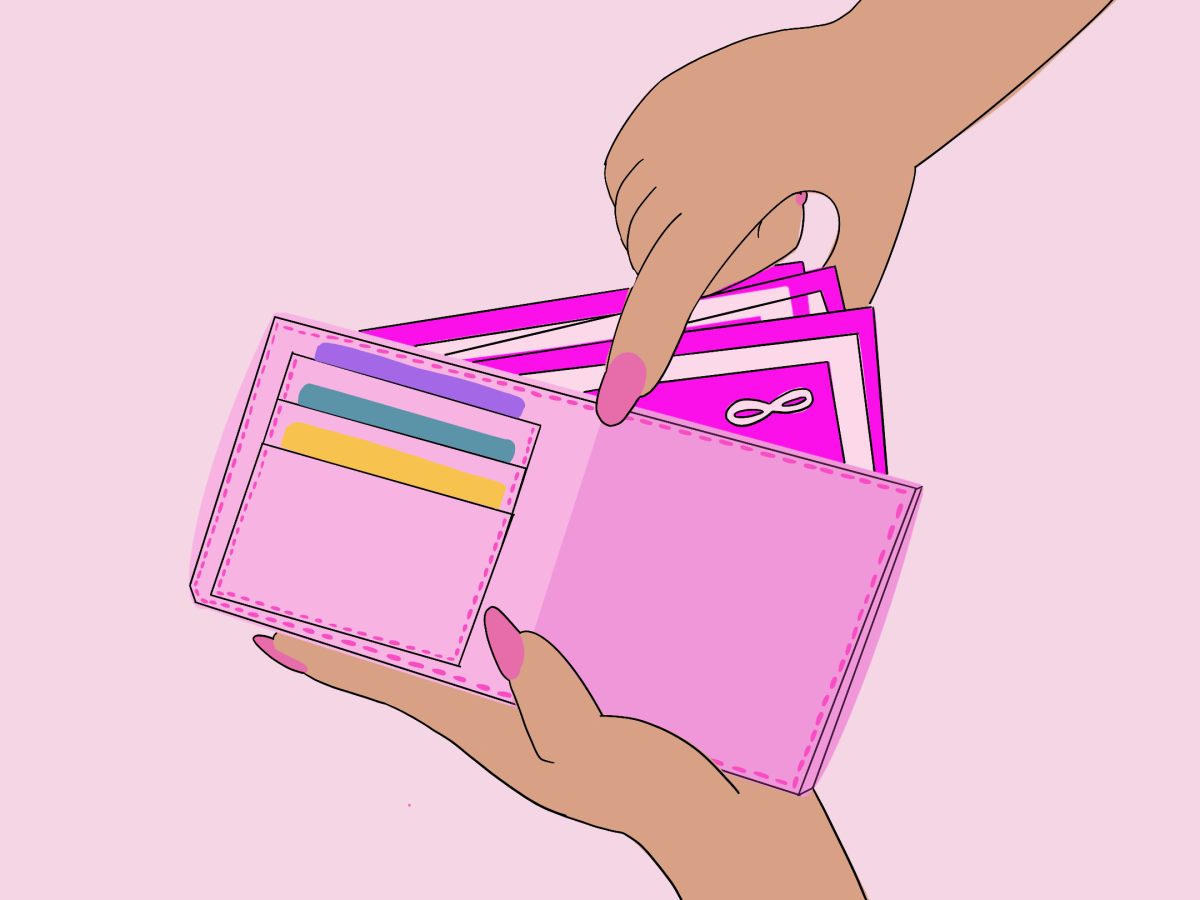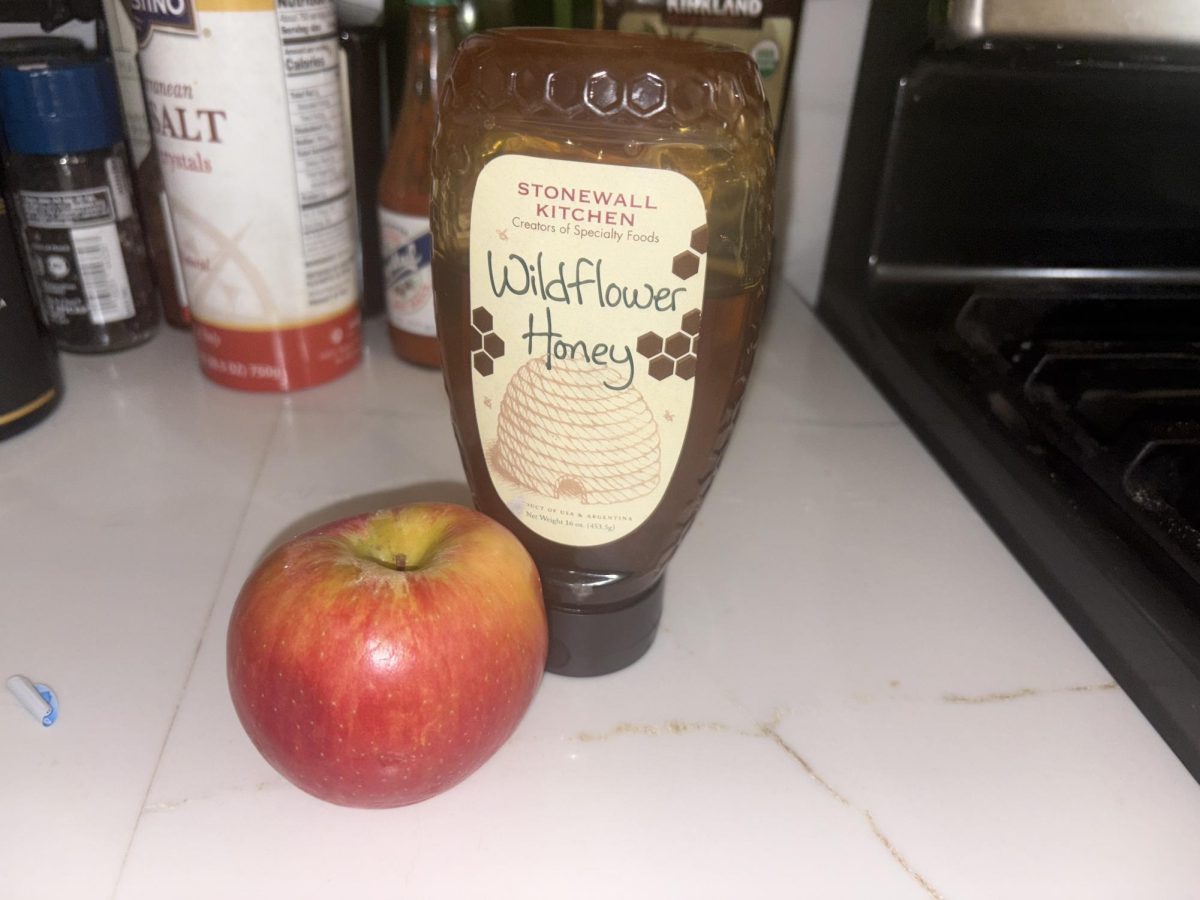A new type of math has been increasing in popularity over the past few weeks. It cannot be found anywhere in our textbooks and, unlike geometry, was not discovered by a mathematician. This latest conception of math is known as “girl math.”
Girl math is a trend that recently appeared on social media platforms such as TikTok and Instagram. Women create videos about their “girl” calculations, usually regarding financial expenses. For instance, girl math would be spending $100.00, receiving a $20.00 discount for the next purchase and thinking that money was made. In actuality, no money was gained as the same $100.00 was spent, despite a coupon being issued after purchase.
Another example of girl math that takes a slightly different approach is the mentality toward rewards programs. The idea is that if a girl spends money on an item but is a member of the rewards program, the money spent is “free” and she has now earned money to spend in the future. The popular coffeehouse chain Starbucks demonstrates this through its Stars rewards program. Each $1.00 spent at Starbucks is returned to the customer in exchange for two “stars.” These stars get uploaded to a gift card, which eventually a customer can redeem for various rewards. Girls have defined this tactic as girl math, saying that women shop at Starbucks so often that they are making money needed for future coffee purchases.
Girl math is seen in other variations of consumerism as well. For example, when an item is returned or purchased with cash or in-store credit, it is seen as free shopping.
The definition of girl math includes several gray areas but usually comes to the same conclusion: women do not know how to spend their money. The videos that continue to go viral are intended to be funny and lighthearted; however, the trend perpetuates negative stereotypes that women have been fighting to defeat for decades.
“Girls have a lot of potential. I think a lot of times in general people aren’t very confident with their math, even though they should be,” said Math Department Chair Jennifer Walton. “Our society says it’s okay to say that we aren’t good at math but you would never say that about something else.”
Why is “girl” being used as a proxy for“bad” math or “dumb” math? The trend infantilizes women. It treats them as if they are children, unable to make intelligent financial decisions, and instead uses comedy to mask the direct sexism being depicted.
Unfortunately, nobody sees this side of the trend. Most girls just view it as humorous and are ignorant to the message it possesses. It has reached popularity at NDB as well, and girls have begun to partake in this trend.
“I saw the trend on TikTok and it really made me think about my spending habits. I thought it was really funny how girls can all relate,” said junior Paige Lambert. The trend shows how easy it is to fall into the stereotypes our society cannot seem to escape.
Girl math can have harmful repercussions if taken too seriously, and demonstrates the importance of being mindful to what we see on social media.











